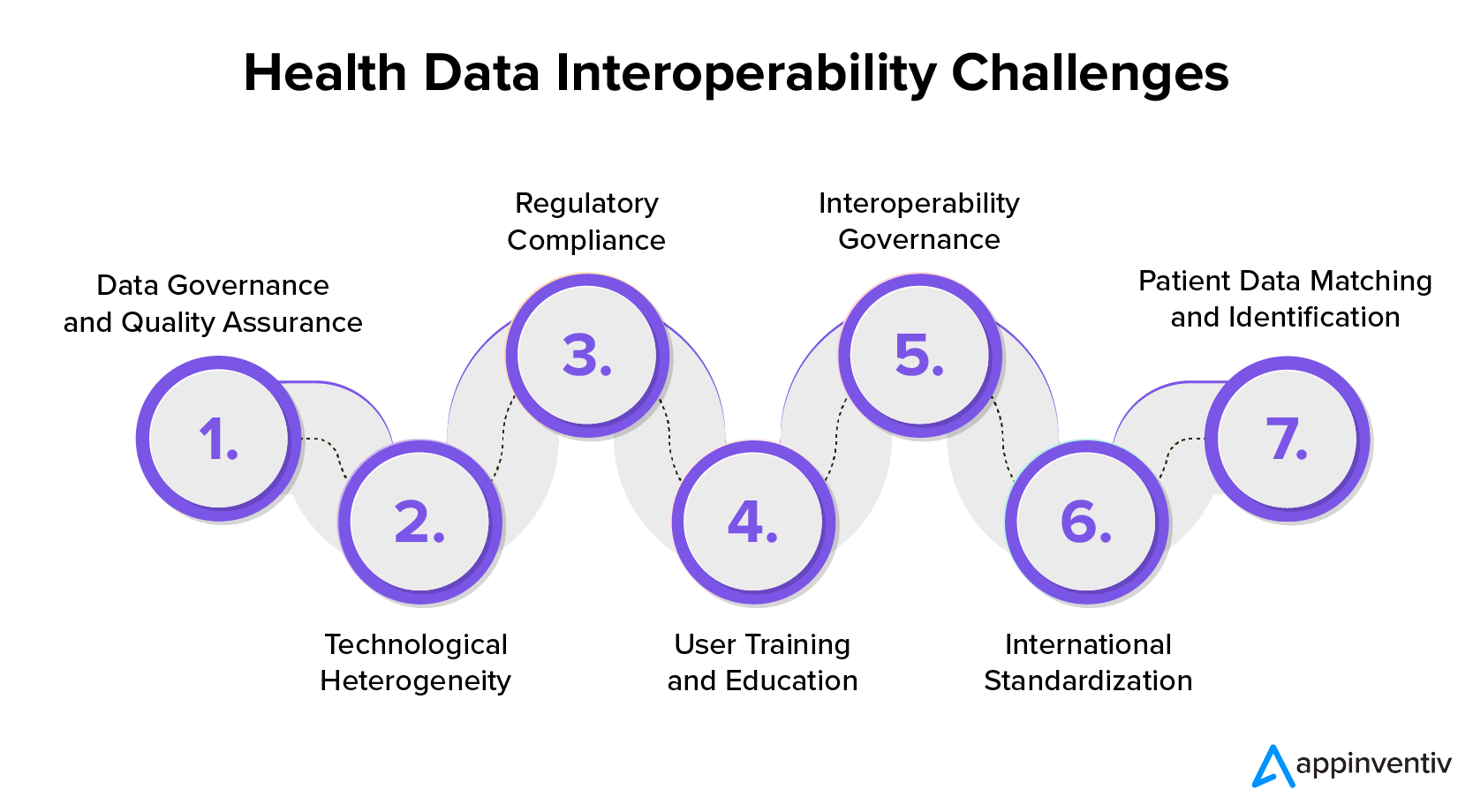In today’s healthcare world, where timely information can save lives, the ability to share and use data across different systems is not a luxury it’s essential. This need for seamless communication and use of data is what we call data interoperability, and it’s a critical part of modern healthcare systems aiming to deliver top-notch, efficient, and personalized care to patients.
Understanding Data Interoperability
Imagine you’re visiting a new doctor for a health issue. Instead of undergoing all your tests again and explaining your medical history from scratch, what if this doctor could instantly access and understand your health records? That’s the power of data interoperability. It ensures that different healthcare information systems can exchange data and interpret it just as effectively as if it all came from one place.
The Backbone of Modern Healthcare
Improves Patient Care: Good healthcare is all about offering the best care possible. Data interoperability gives doctors a complete view of a patient’s health history. This means they can make better decisions, minimize errors, and tailor care plans to individual needs.
Saves Time and Money: Repeating tests not only wastes resources but also time and money. With full access to a patient’s medical history, healthcare providers can avoid unnecessary repeat tests.
Enhances Public Health Efforts: Quick and efficient data sharing is crucial during health emergencies like pandemics. Data interoperability helps track disease spread, identify outbreaks early, and organize a more effective response.
Drives Innovation and Research: Exchanging and analyzing health data across various platforms can significantly advance medical research and healthcare technology. It opens new ways to understand diseases, develop treatments, and improve how we deliver healthcare.
Facing the Challenges Head-On
Achieving data interoperability comes with hurdles. Technical barriers, like incompatible system formats, privacy concerns, and the investment needed to update systems, are significant challenges. However, efforts worldwide aim to overcome these, setting international data standards and developing secure, adaptable tech solutions. The goal is a healthcare system where information flows freely and securely, supporting individual and community health.
Conclusion
Data interoperability in healthcare goes beyond technology. It’s a vital step toward more efficient, effective, and patient-focused healthcare. By enabling the free and secure exchange of information across various platforms and providers, we can enhance care quality, improve patient outcomes, and pave the way for medical innovation and public health advances. In the interconnected healthcare landscape, data interoperability unlocks a healthier future for everyone.
